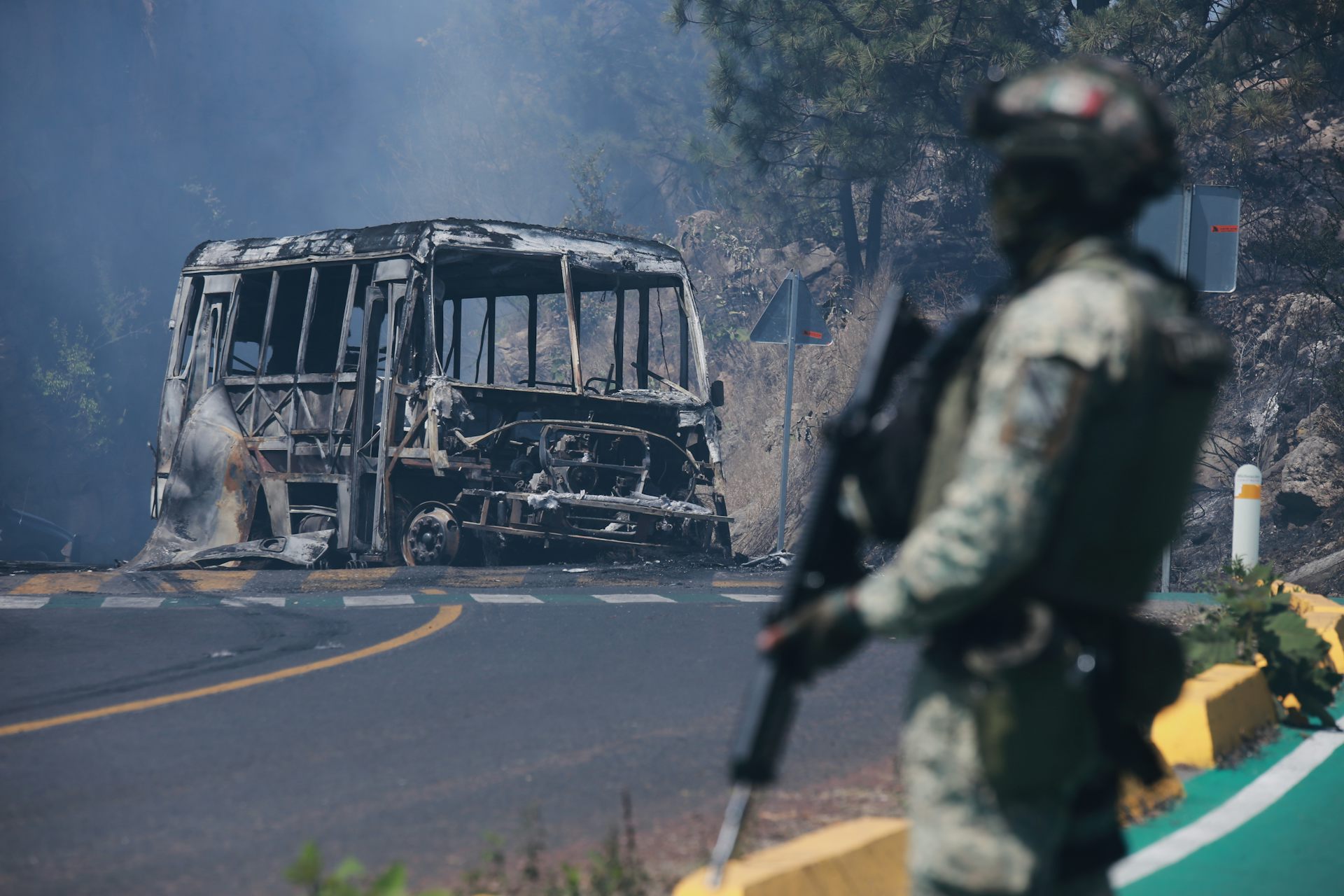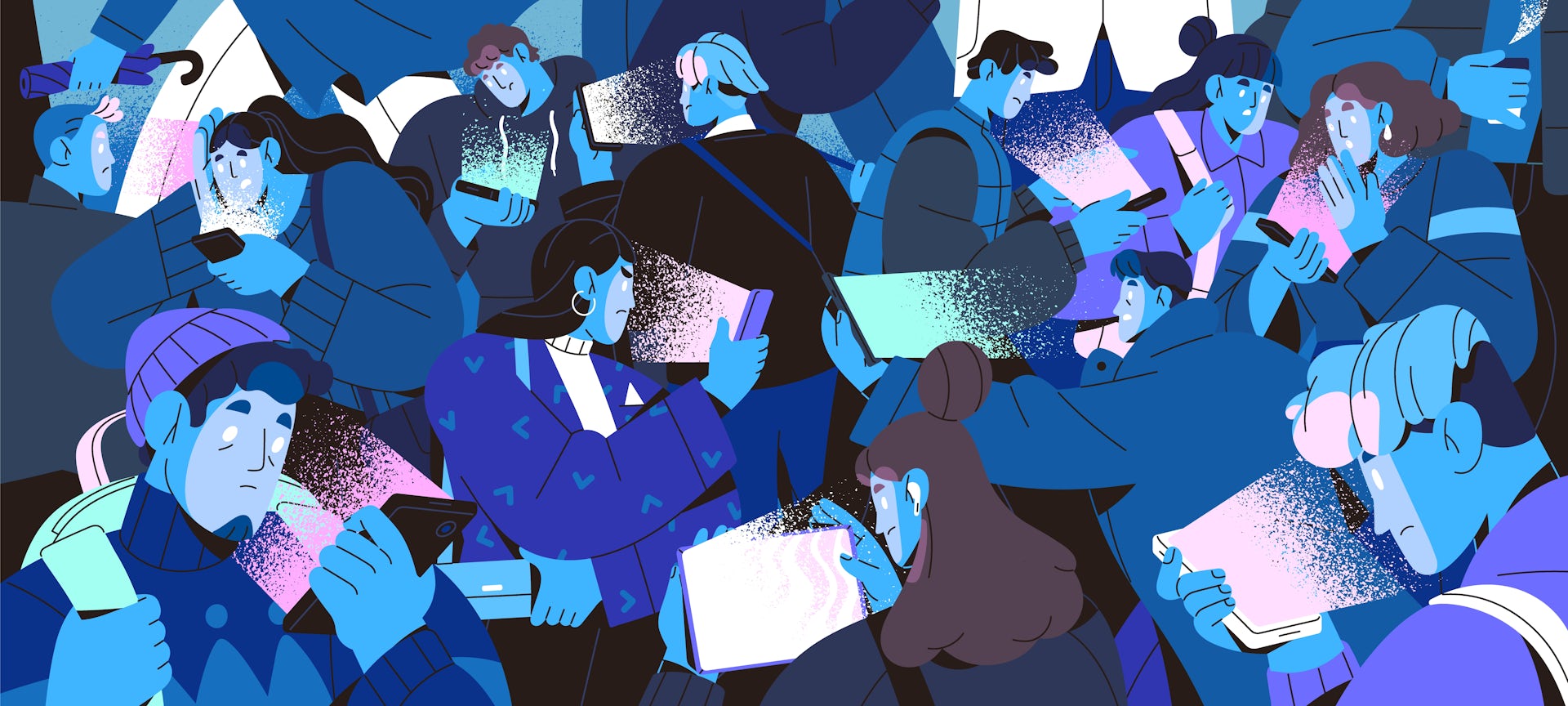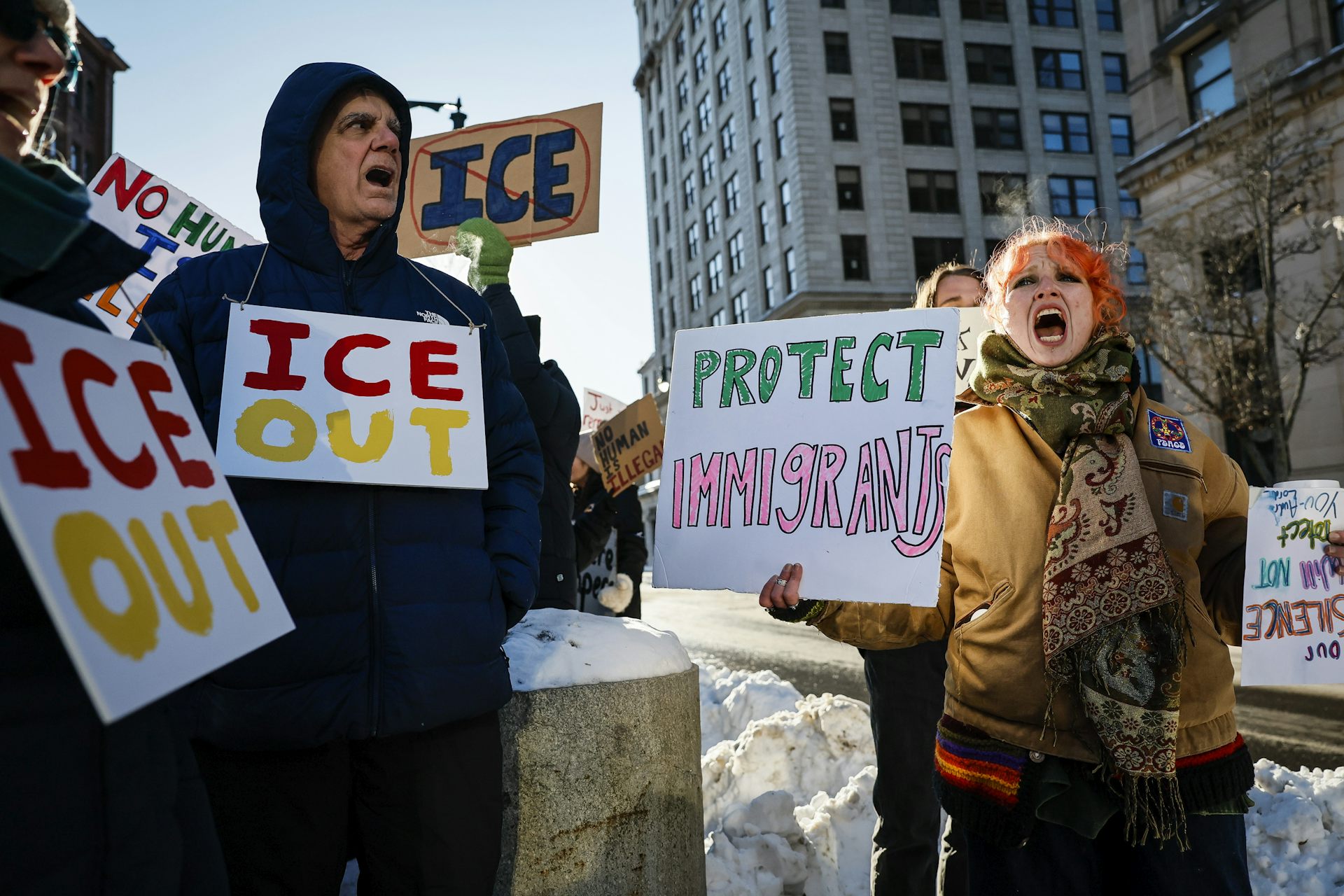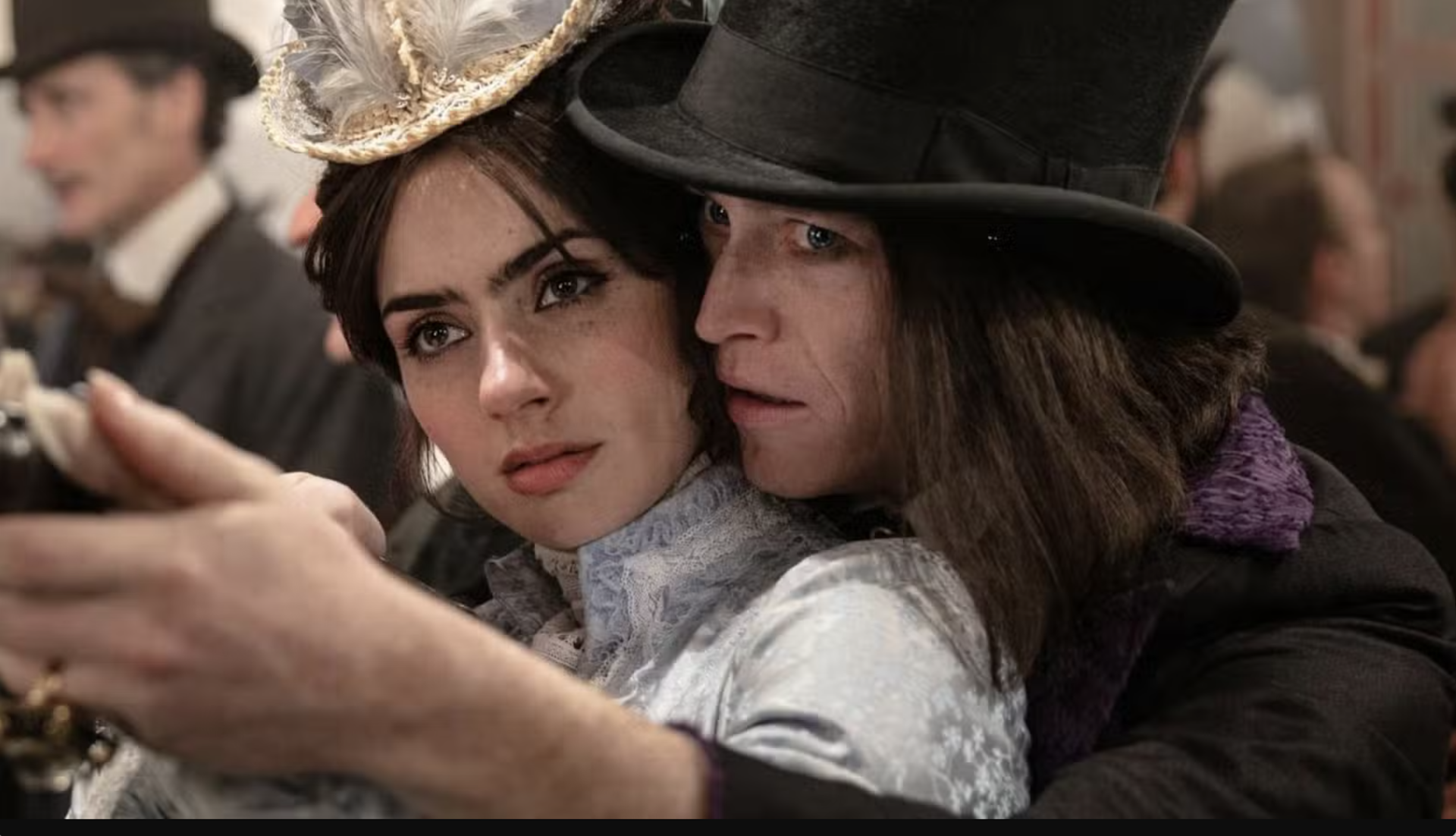Fireworks can torment veterans and survivors of gun violence with PTSD – here's how to celebrate wit
Setting off fireworks may be fun for you, but for some of your neighbors it could be a traumatic experience.
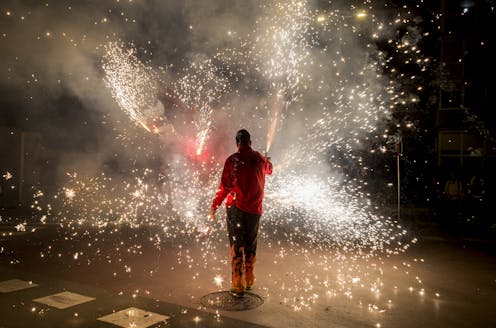
For some combat veterans, the Fourth of July is not a time to celebrate the independence of the country they love. Instead, the holiday is a terrifying ordeal. That’s because the noise of fireworks – loud, sudden, and reminiscent of war – rocks their nervous system. Daily fireworks in many U.S. cities in recent weeks have no doubt been interfering with the sleep and peace of mind of thousands of veterans.
This reaction is not unique to veterans with post-traumatic stress disorder, or PTSD. Also affected are millions of others, including civilians, refugees, and first responders. As a psychiatrist who specializes in trauma and PTSD, I urge you not to overdo an act which causes so much suffering for so many of your fellow Americans.
What is PTSD?
PTSD can occur when someone is exposed to extreme exposure traumatic experience. Typically, the trauma involves a threat of death, serious injury, or sexual violence. Along with war veterans, it happens to refugees; to victims of gun violence, rape and other physical assaults; and to survivors of car accidents and natural disasters like earthquakes or tornadoes.
PTSD can also happen by witnessing trauma or its aftermath, often the case with first responders and front-line workers.
All this adds up to tens of millions of Americans. Up to 30% of combat veterans and first responders, and 8% of civilians, fulfill the diagnostic criteria for PTSD. And that criteria is not easily met: symptoms of PTSD include nightmares, flashbacks, intrusive trauma memories, difficulty sleeping, avoidance of reminders of trauma, negative emotions, and what we call “hyperarousal symptoms.”
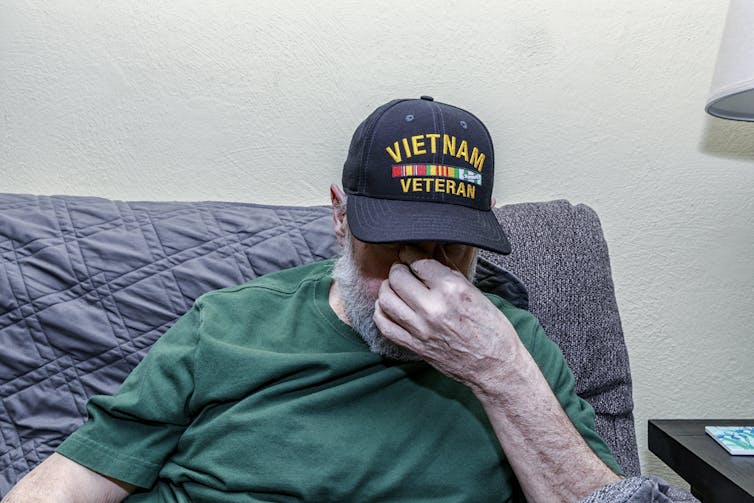
Fireworks can trigger flashbacks
Hyperarousal, a core component of PTSD, occurs when a person is hyper-alert to any sign of threat – constantly on edge, easily startled and continuously screening the environment.
Imagine, for instance, stepping down the stairs in the dark after hearing a noise; you’re worried an intruder might be downstairs. Then a totally unpredictable loud sound explodes right outside your window.
[Deep knowledge, daily. Sign up for The Conversation’s newsletter.]
For people with PTSD, that sound – reminiscent of gunfire, a thunderstorm or a car crash – can cause a panic attack or trigger flashbacks, a sensory experience that makes it seem as if the old trauma is happening here and now. Flashbacks can be so severe that combat veterans may suddenly drop to the ground, the same way they would when an explosion took place in combat. Later, the experience can trigger nightmares, insomnia or worsening of other PTSD symptoms.
Those of us who set off fireworks need to ask ourselves: Are those few minutes of fun worth the hours, days, or weeks of torment that will begin for some of our friends and neighbors – including many who put their lives on the line to protect us?
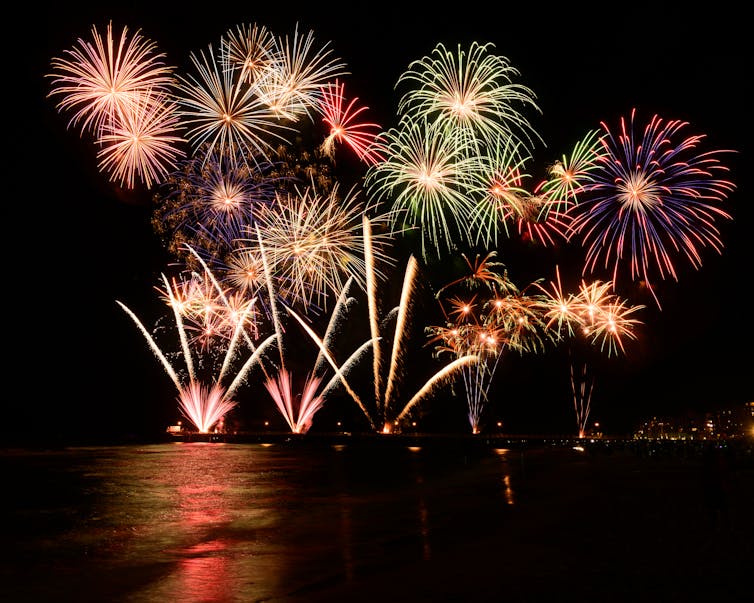
Who else is affected?
Millions of others, though not diagnosed with PTSD, may similarly be affected by fireworks. One in five Americans have an anxiety disorder, many with symptoms of hyperarousal. Also impacted are those with autism or developmental disabilities; they find it difficult to cope with the noise, or just the drastic change from life routines. Then there are people who have to work, holiday or not: nurses, physicians and first responders, who have to be up at 4 a.m. for a 30-hour shift.
How to reduce the negative impact
There are ways to reduce how fireworks affect others:
For those with PTSD, the unexpected nature of fireworks is probably the worst part. So at least make it as predictable as possible. Do it in designated areas during designated times. Don’t explode one, for instance, two hours after the designated time window. And avoid setting them off on the 3rd. People are less prepared then.
If you’re aware that a veteran or trauma survivor lives in the neighborhood, move the noise as far as possible from their home and give them prior warning. Consider putting a sign in your front yard noting the time you’ll set the fireworks.
Remember, it doesn’t have to be super loud to make it fun. Consider using silent fireworks. And you don’t have to be the one who lights the fireworks. Simply enjoy watching while your city or township does it safely.
Coping with the stress
If you can’t stand fireworks, there are ways to reduce the stress:
If the fireworks are a scheduled event, know the time they start and end.
Use earplugs or background sounds or music to reduce the intensity of the noise.
Be with loved ones who will support and help distract you.
Talk to your therapist, psychiatrist or primary care doctor for help in managing PTSD and anxiety symptoms. Effective treatments are available. Your doctor may provide medication that helps during those difficult hours. But definitely do not get medications from others, as some may have serious consequences if not used properly.
And finally, don’t be shy. You can kindly talk with your fireworks-happy neighbors in advance.
Arash Javanbakht does not work for, consult, own shares in or receive funding from any company or organization that would benefit from this article, and has disclosed no relevant affiliations beyond their academic appointment.
Read These Next
Violent aftermath of Mexico’s ‘El Mencho’ killing follows pattern of other high-profile cartel hits
Members of the Jalisco New Generation Cartel have set up roadblocks and attacked property and security…
Algorithms that customize marketing to your phone could also influence your views on warfare
AI systems are getting good at optimizing persuasion in commerce. They are also quietly becoming tools…
How Homeland Security’s subpoenas and databases of protesters threaten the ‘uninhibited, robust, and
It’s difficult to measure what is lost when an opinion is never voiced and impossible to catalogue…


